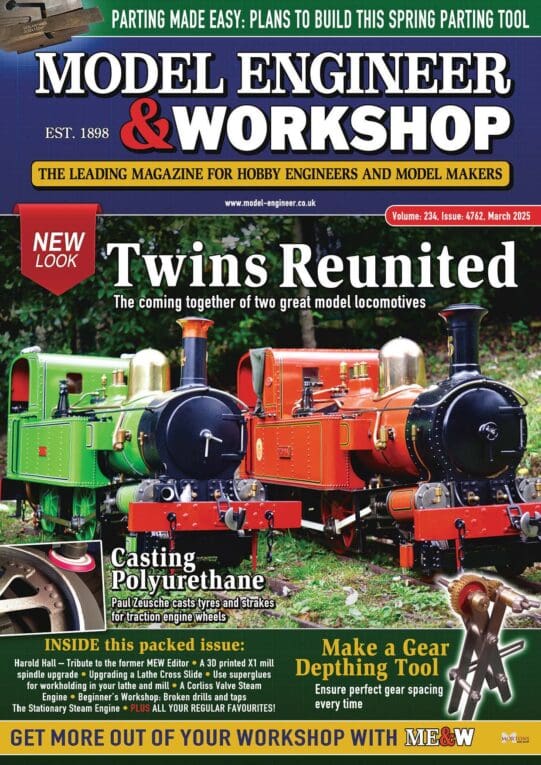Here are a few things to consider.
If you use a collet directly in the spindle you need some way to lock the spindle to be able to tighten and then loosen the collet otherwise you may be on here at some point in the future asking about spindle locks.
If you get an ER collet system be aware that some collet holders do not have spanner flats on them. Same issue as above. It is easier to make sure you buy them with suitable spanner flats as otherwise you may have to add some by grinding or machining.
It takes a reasonable amount of torque to close down an ER collet so that it doesn't slip but you can buy replacement nuts with built in bearings that make it a lot easier to close down the collet and they don't try to twist the collet as you do so.
With ER collets don't use hook wrenches on the nuts, apart from wear and tear you are likely to skin some knuckles at some point. A properly designed wrench to suit the nut is much better and allows better application of torque. It should be noted that sizes such as ER16 can be supplied with different types of closing nut, some are simple hex nuts but others are slimmer with finger slots and are usually supplied with a matching wrench.
According to some professional machinists on YouTube ER collets are a consumable item. I have not destroyed one yet but then I don't apply the torques they use in CNC for machining to machine parts with huge value that I don't dare scrap off.
The self locking collet systems such as Clarkson, Vertex etc. require a threaded shank tool but there is nothing to stop someone with a lathe from threading a Ø16 ER collet chuck shank to suit and so adding the option of a small ER chuck for use with them. It is also something that can easily be done with the shank of insert milling tooling to allow their use with these systems. I have also made a Ø16 hollow shank for one of these that holds a Ø10 edge finder (with a bit of Loctite for extra security). If an edge finder is not sufficiently accurate for your needs a holder for a DTI is an easy project.
Martin C
Howard Lewis.





